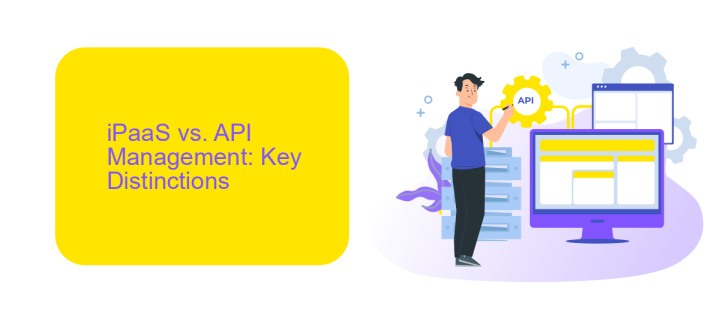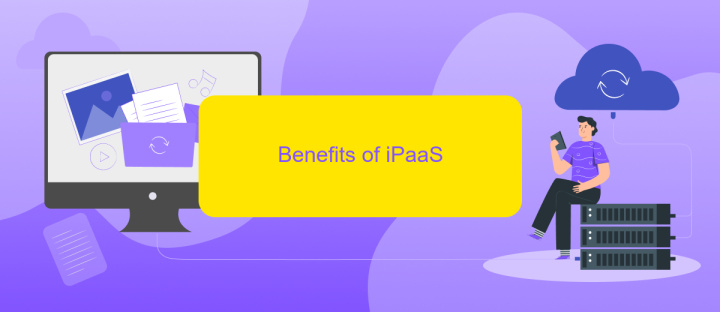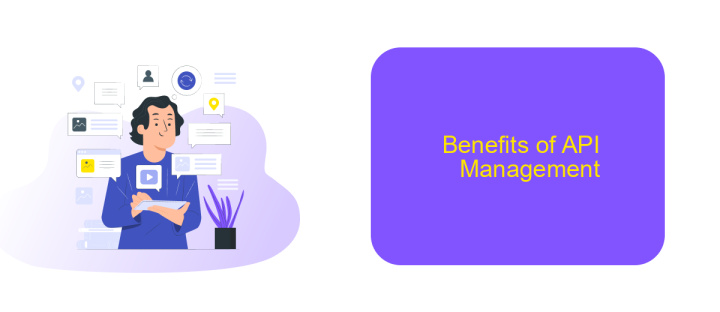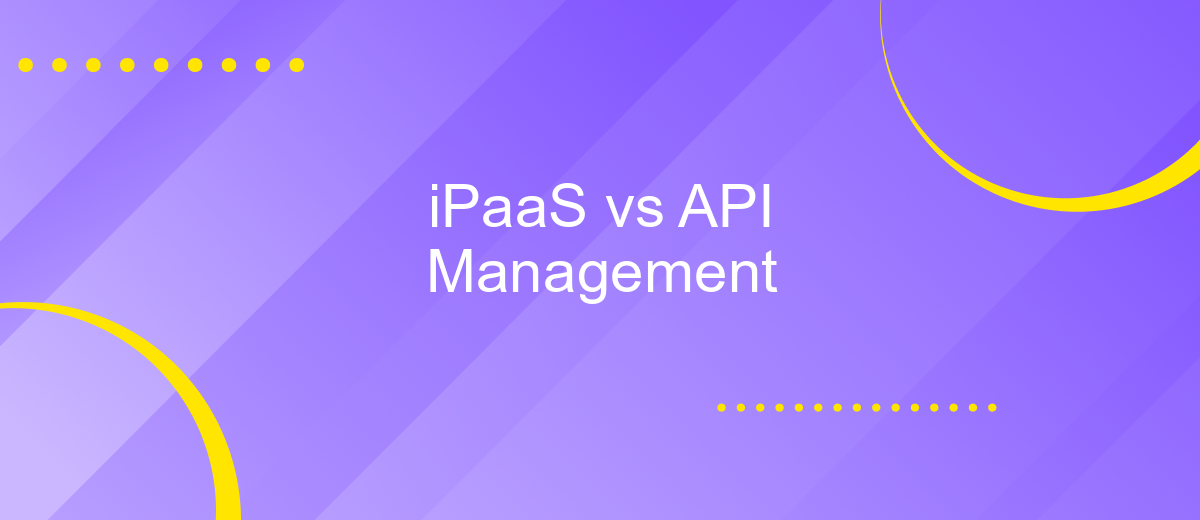iPaaS vs API Management
In today's rapidly evolving digital landscape, businesses are increasingly relying on integration solutions to streamline operations and enhance connectivity. Two prominent approaches are Integration Platform as a Service (iPaaS) and API Management. While both aim to facilitate seamless data exchange and integration, they serve distinct purposes and offer unique benefits. This article explores the key differences and advantages of iPaaS versus API Management.
Introduction
In today's digital landscape, businesses are increasingly relying on integration platforms to streamline their operations and enhance connectivity. Two popular solutions for achieving this are Integration Platform as a Service (iPaaS) and API Management. While both aim to facilitate seamless integration, they serve different purposes and offer unique benefits.
- iPaaS: A cloud-based service that enables the integration of various applications and data sources.
- API Management: Focuses on the creation, publication, and oversight of APIs to ensure secure and scalable interactions between different software components.
Understanding the differences between iPaaS and API Management is crucial for businesses looking to optimize their integration strategies. For instance, platforms like ApiX-Drive offer robust iPaaS solutions that simplify the process of connecting diverse applications, allowing for automated workflows and improved efficiency. By choosing the right tool, organizations can achieve greater agility and innovation in their digital transformation journey.
iPaaS vs. API Management: Key Distinctions

iPaaS (Integration Platform as a Service) and API Management serve distinct purposes in the realm of digital integration. iPaaS is designed to facilitate the seamless integration of various applications and data sources, enabling businesses to automate workflows and improve operational efficiency. It provides a unified platform to connect disparate systems, simplifying the process of data synchronization and reducing the need for custom coding. For instance, services like ApiX-Drive offer user-friendly tools to set up and manage integrations without requiring extensive technical expertise.
On the other hand, API Management focuses on the creation, distribution, and oversight of APIs. It ensures that APIs are secure, scalable, and easily accessible to developers. API Management platforms provide features such as analytics, access control, and versioning to help businesses monitor and optimize API performance. While iPaaS addresses the need for integrating multiple systems, API Management ensures that these integrations are robust and maintainable over time. Together, they offer a comprehensive solution for modern digital ecosystems.
Benefits of iPaaS

Integrating diverse applications and data sources can be a complex task for modern businesses. iPaaS (Integration Platform as a Service) simplifies this process by offering a centralized platform for managing all integration needs. This enhances operational efficiency and reduces the time required for deployment.
- Scalability: iPaaS solutions are designed to scale with your business, ensuring that as your integration needs grow, the platform can handle increased data volumes and complexity.
- Cost Efficiency: By reducing the need for extensive custom coding and manual processes, iPaaS minimizes operational costs and maximizes resource utilization.
- Ease of Use: With user-friendly interfaces and pre-built connectors, platforms like ApiX-Drive make it easy to set up and manage integrations without requiring deep technical expertise.
- Real-time Data Processing: iPaaS enables real-time data synchronization between applications, ensuring that your business operations are always up-to-date.
- Enhanced Security: iPaaS platforms come with robust security measures to protect sensitive data during transfer and integration processes.
By leveraging iPaaS, businesses can streamline their integration workflows, reduce costs, and improve data accuracy. Services like ApiX-Drive further enhance these benefits by providing intuitive tools and pre-configured connectors, making it easier than ever to integrate various applications seamlessly.
Benefits of API Management

API Management offers numerous advantages for businesses seeking to streamline their operations and enhance connectivity between various applications. By centralizing the control of APIs, organizations can ensure better security, scalability, and performance monitoring.
One of the key benefits of API Management is its ability to simplify integration processes. Tools like ApiX-Drive enable seamless connections between different software systems, reducing the time and effort required for manual integrations. This allows businesses to focus on their core activities while maintaining robust and efficient workflows.
- Enhanced Security: Protects sensitive data and ensures compliance with industry standards.
- Scalability: Easily manage increasing API traffic without compromising performance.
- Monitoring and Analytics: Gain insights into API usage and performance for informed decision-making.
- Developer Support: Provides comprehensive documentation and tools to facilitate API usage.
In conclusion, API Management is crucial for modern businesses aiming to optimize their digital ecosystems. By leveraging services like ApiX-Drive, companies can achieve seamless integrations, enhanced security, and better overall performance, ultimately driving innovation and growth.
Choosing the Right Solution
Choosing between iPaaS and API Management depends on your business needs and integration complexity. iPaaS, or Integration Platform as a Service, is ideal for companies seeking to streamline multiple integrations quickly and efficiently. It offers a user-friendly interface and pre-built connectors that simplify the integration process. For instance, ApiX-Drive is a notable iPaaS solution that provides seamless integration capabilities, enabling businesses to automate workflows without extensive coding knowledge.
On the other hand, API Management is suited for organizations that require robust control over their APIs, including security, analytics, and lifecycle management. It is essential for businesses that need to expose their APIs to external developers or partners. When choosing the right solution, consider factors such as the scale of your integration needs, the technical expertise of your team, and the specific functionalities required. Ultimately, the decision should align with your strategic goals and operational requirements.
- Automate the work of an online store or landing
- Empower through integration
- Don't spend money on programmers and integrators
- Save time by automating routine tasks
FAQ
What is the primary difference between iPaaS and API Management?
Can iPaaS and API Management be used together?
When should I choose iPaaS over API Management?
What are some common use cases for API Management?
How can I automate integrations without extensive coding knowledge?
Apix-Drive is a simple and efficient system connector that will help you automate routine tasks and optimize business processes. You can save time and money, direct these resources to more important purposes. Test ApiX-Drive and make sure that this tool will relieve your employees and after 5 minutes of settings your business will start working faster.


